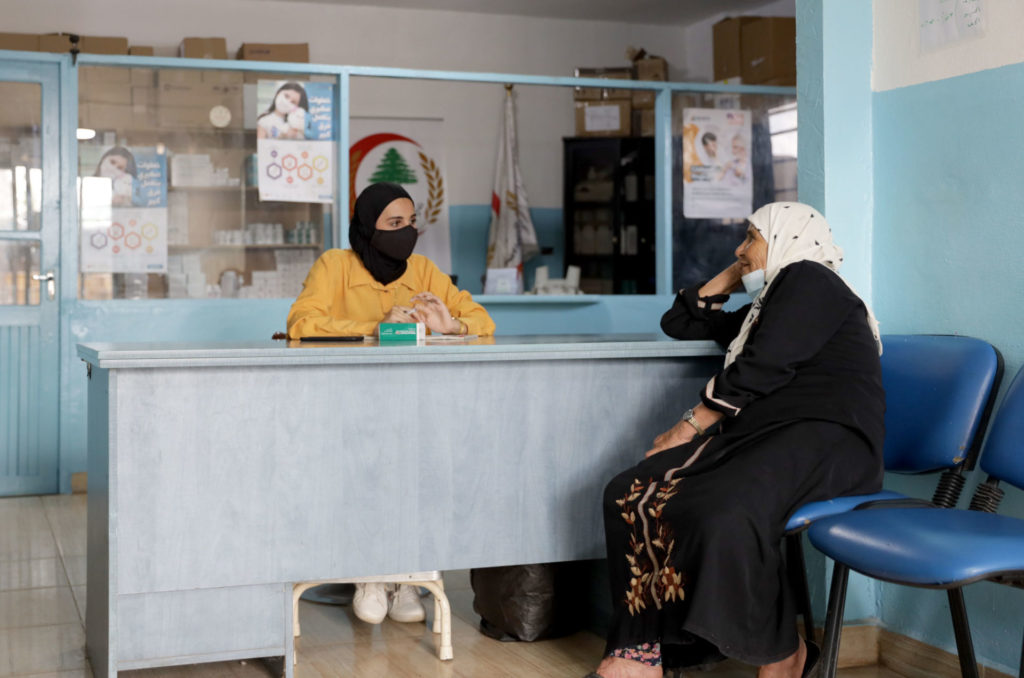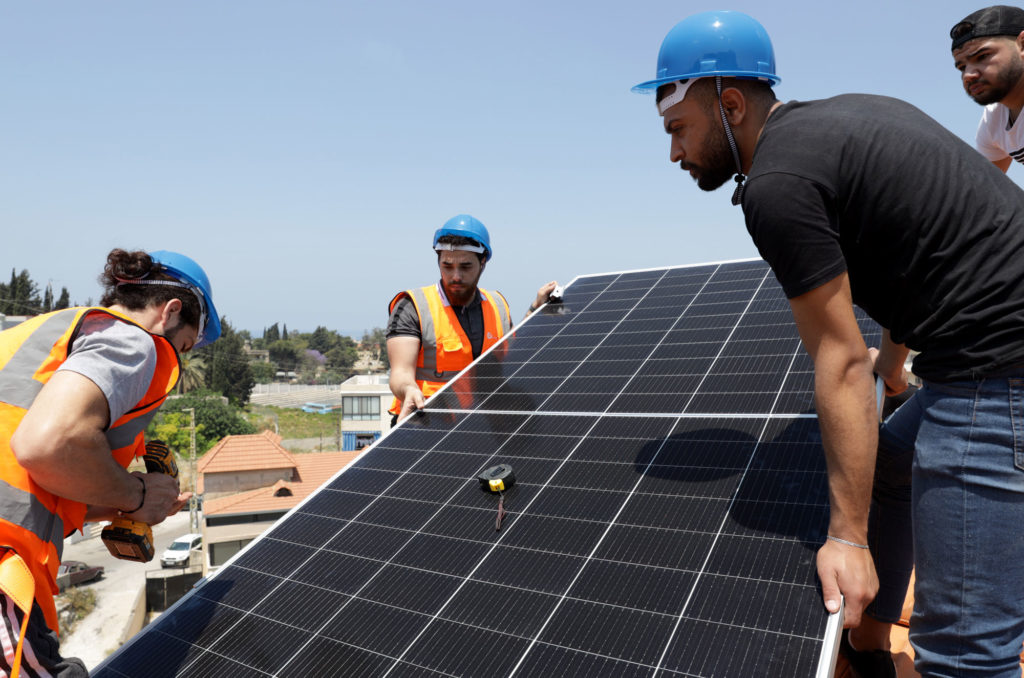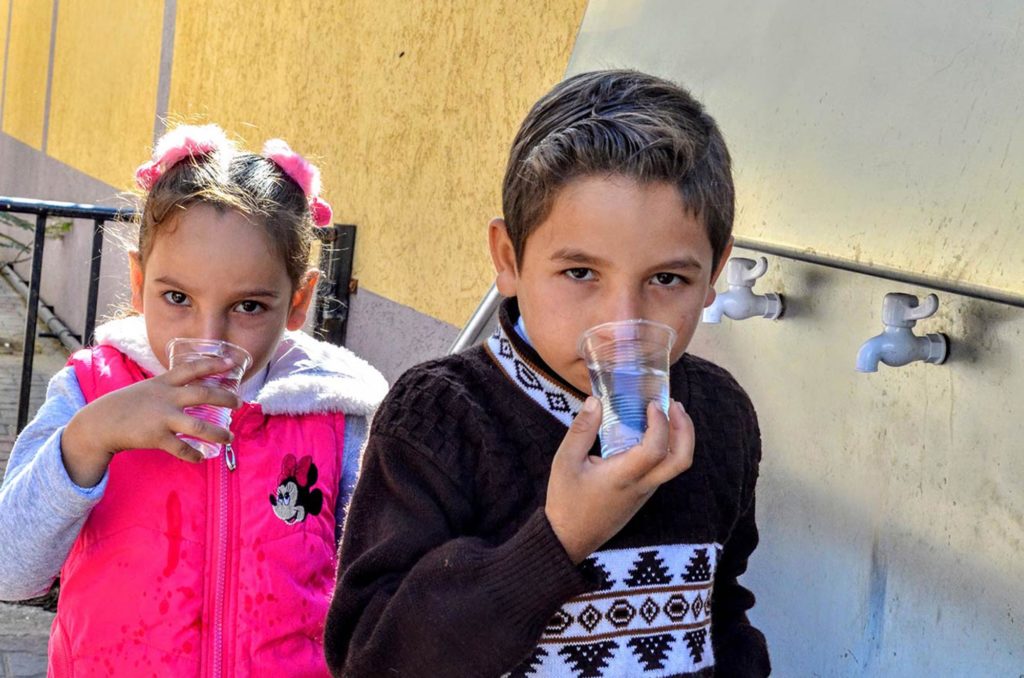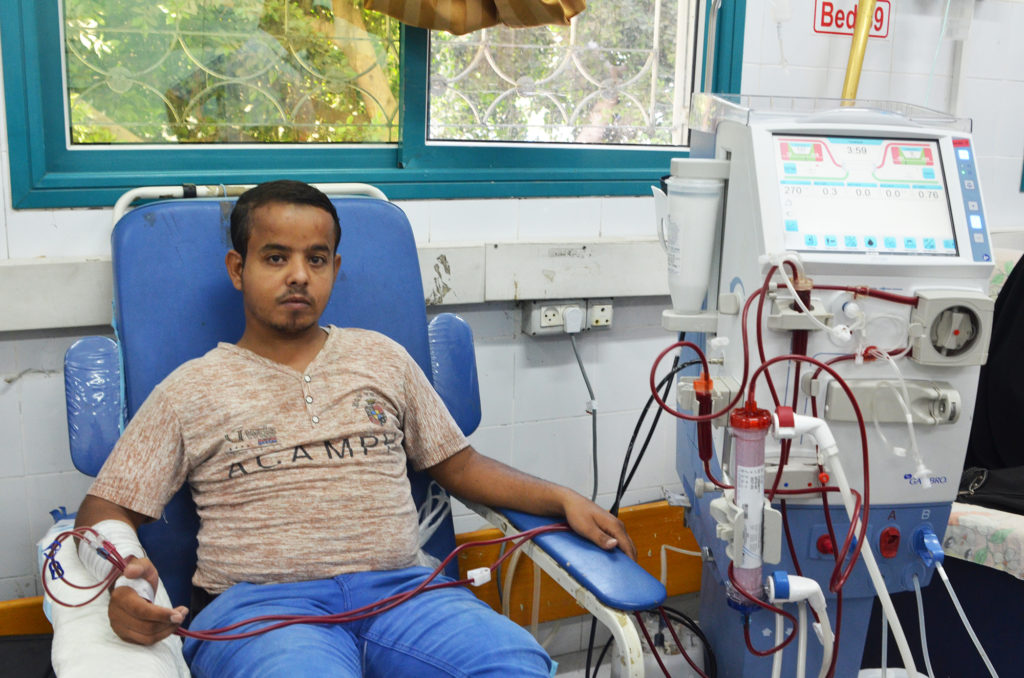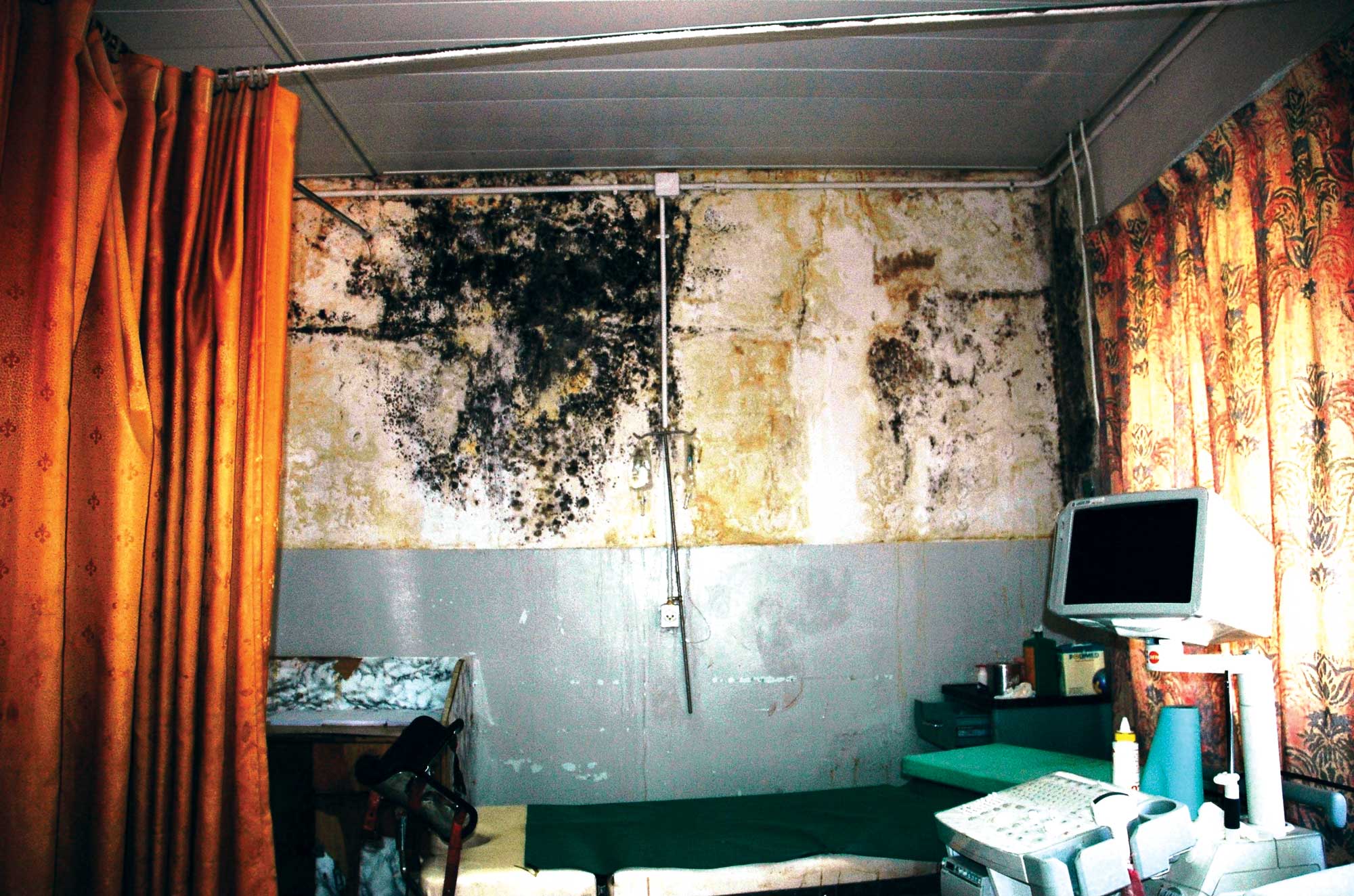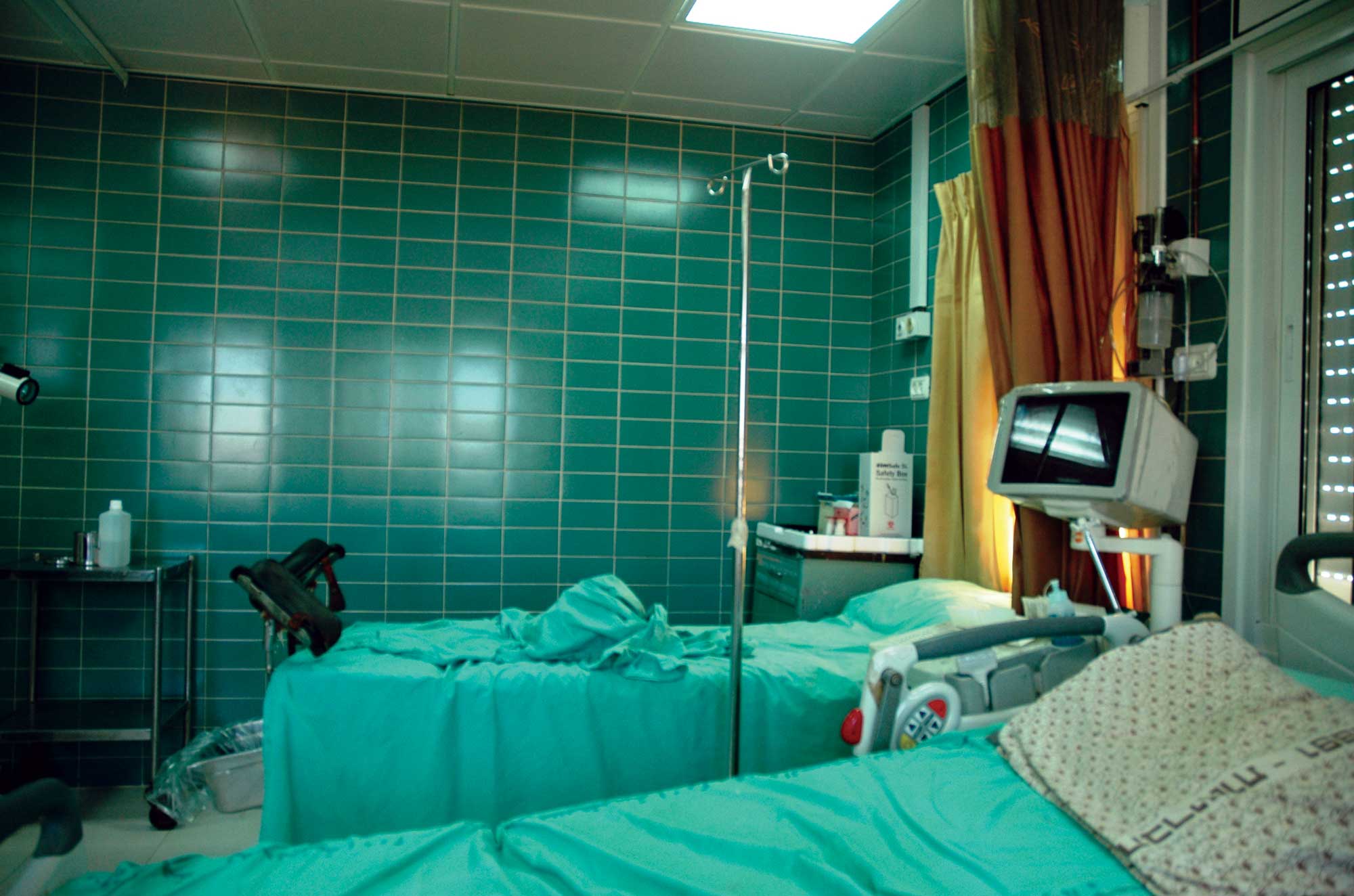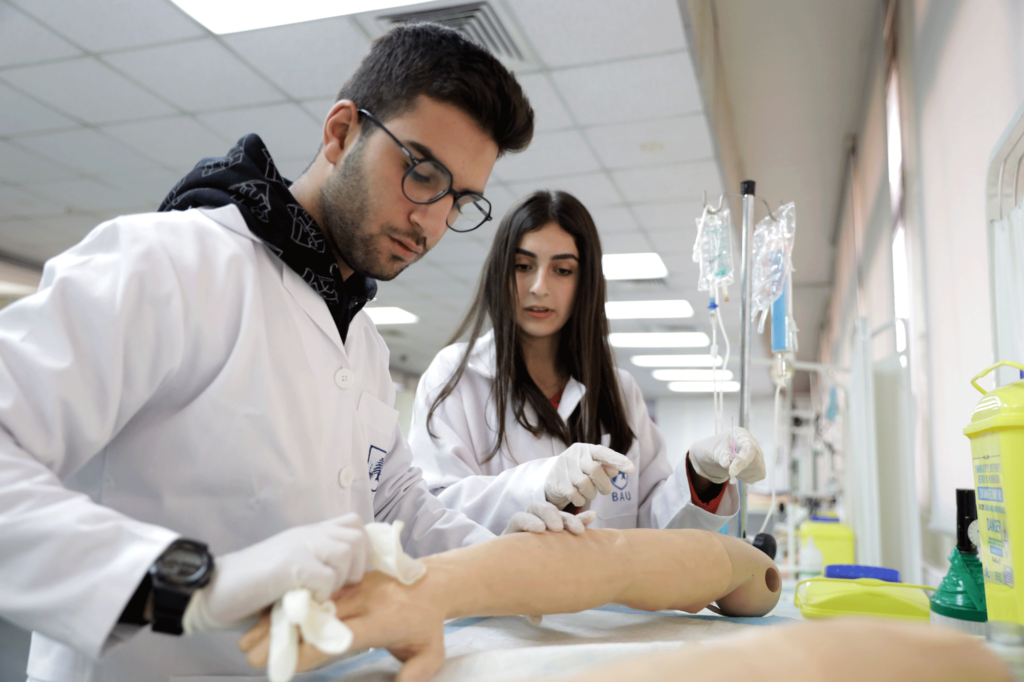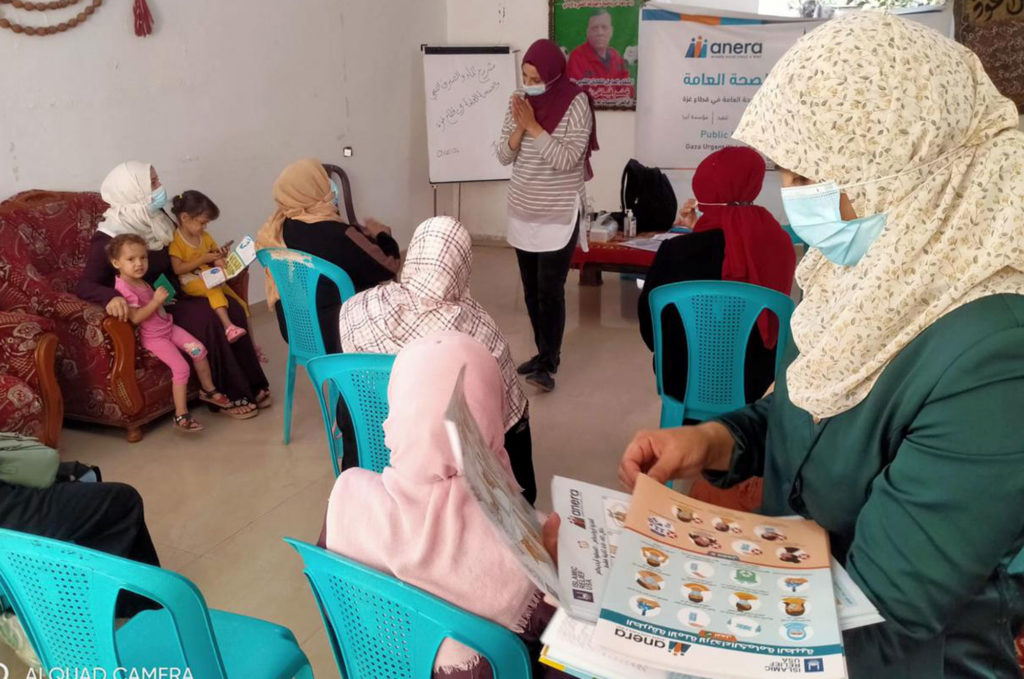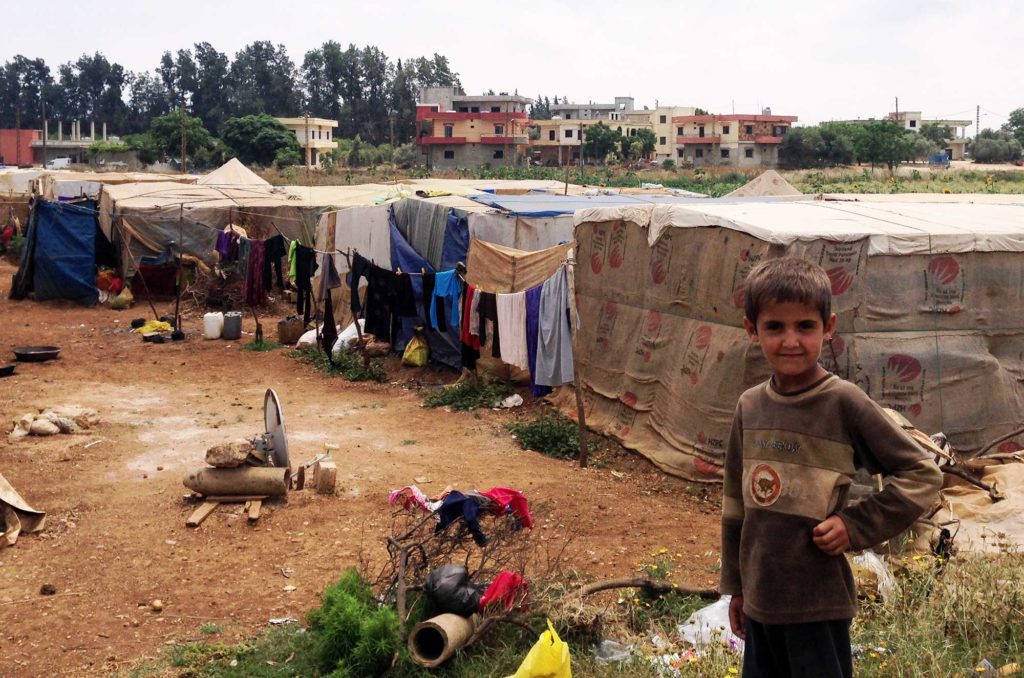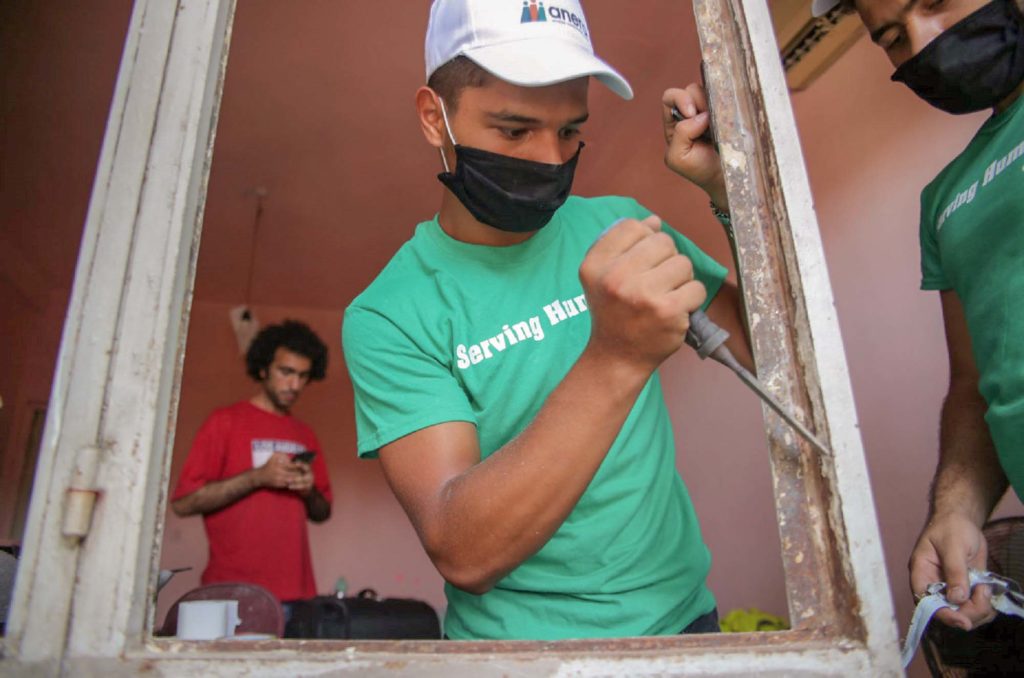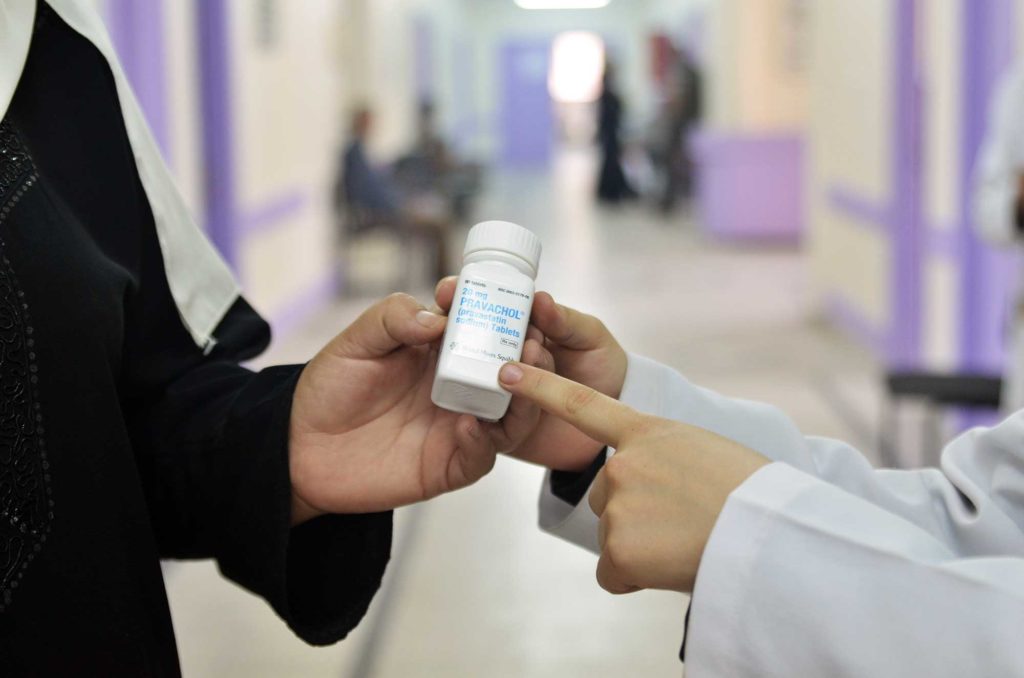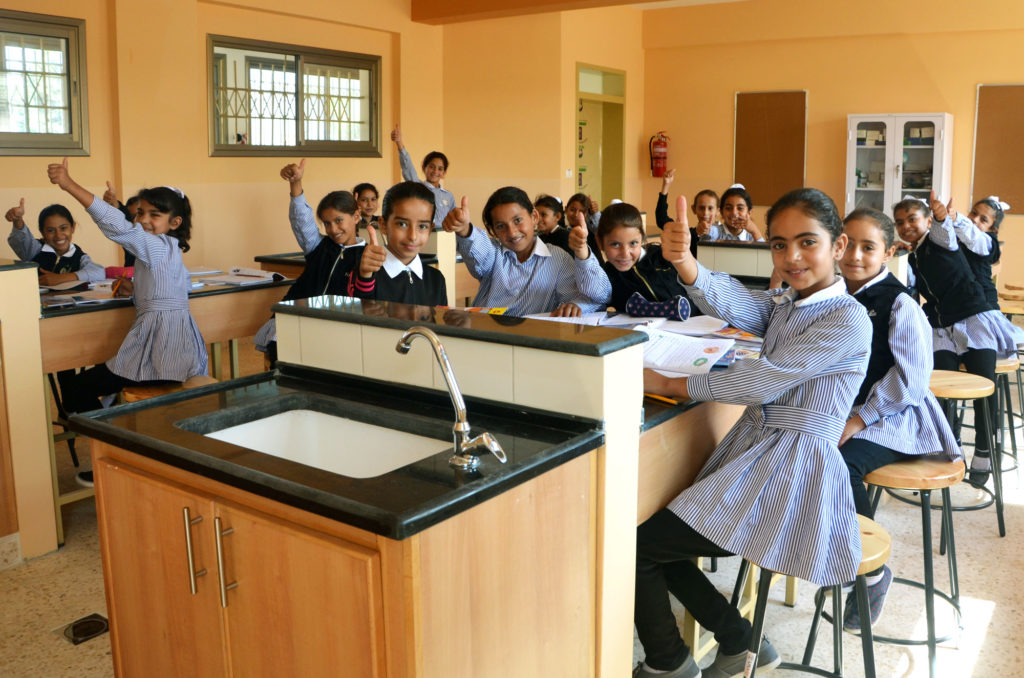Healthcare Facilities in Disrepair
The problems at clinics and hospitals in Palestine, Lebanon and Jordan are widespread, from peeling paint and water damage to outdated equipment and a shortage of doctors.
These factors diminish the quality of care that healthcare centers can provide. With limited equipment and personnel, people needing care often have to wait in long lines or do without treatment altogether. These problems have life and death implications for the community members served.
Overcrowding, a lack of funds, deteriorating infrastructure and political instability are some of the main issues that affect the quality of healthcare facilities in Palestine (Gaza and the West Bank), Lebanon and Jordan. Bombs and other effects of war often leave behind damaged healthcare facilities.
Improved Conditions and Capacity
With help from people like you, Anera builds and upgrades clinics and hospitals, improving healthcare services for impoverished communities and people with disabilities.
Anera’s infrastructure work also has improved livelihoods for thousands of Palestinians and other local community members. The areas where we work tend to have high unemployment, and our projects constructing healthcare facilities help feed and support thousands of families seeking much-needed resources.
Anera implements infrastructure projects in Palestine, Jordan and Lebanon that build, upgrade, and expand hospitals and other health facilities. Over the past 15 years, we have built or upgraded scores of hospitals and clinics in Palestine and Lebanon, including building a brand new clinic in Beit Lahia, Gaza, upgrading the emergency rooms in Haifa Hospital in Burj El Barajneh, Lebanon, and installing a new elevator at a healthcare clinic in Jerash camp in Jordan.
Anera is also increasing access to affordable and sustainable energy and water by installing solar panels on health centers and by providing water filtration systems, usually run on solar. In recent years, we have installed solar panels on 26 healthcare centers across Gaza and Lebanon and 12 water desalination systems on healthcare centers in Gaza, where clean water is scarce.
We also provide technical guidance and medical supplies that support the work healthcare facilities do, while easing their financial burdens. Money health administrators don't need to spend on medicines, supplies or electricity and water bills can be directed to providing the best quality care for their patients.

